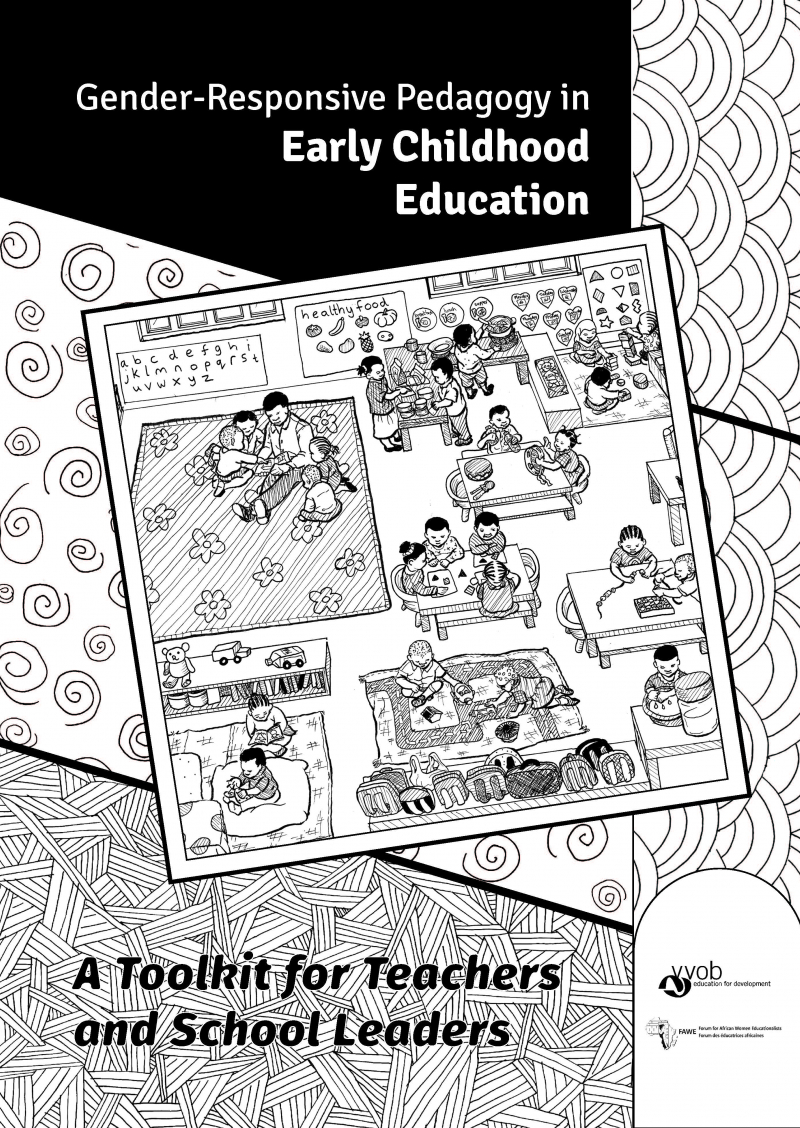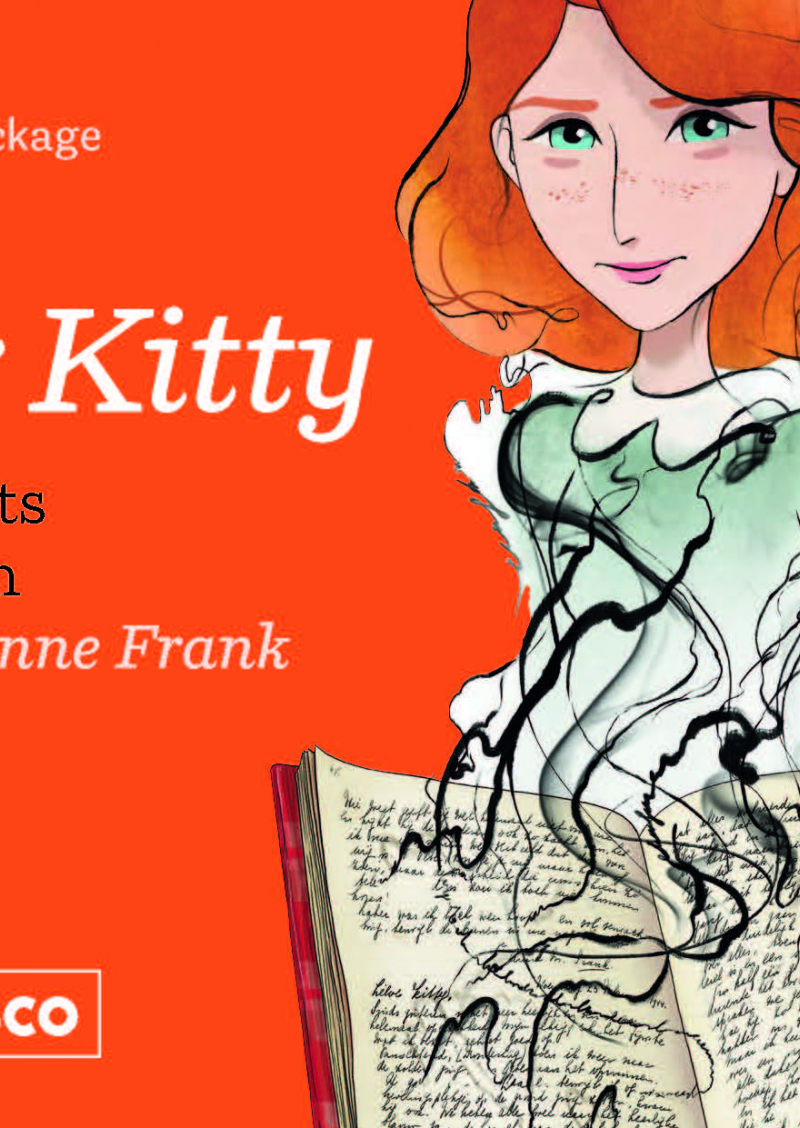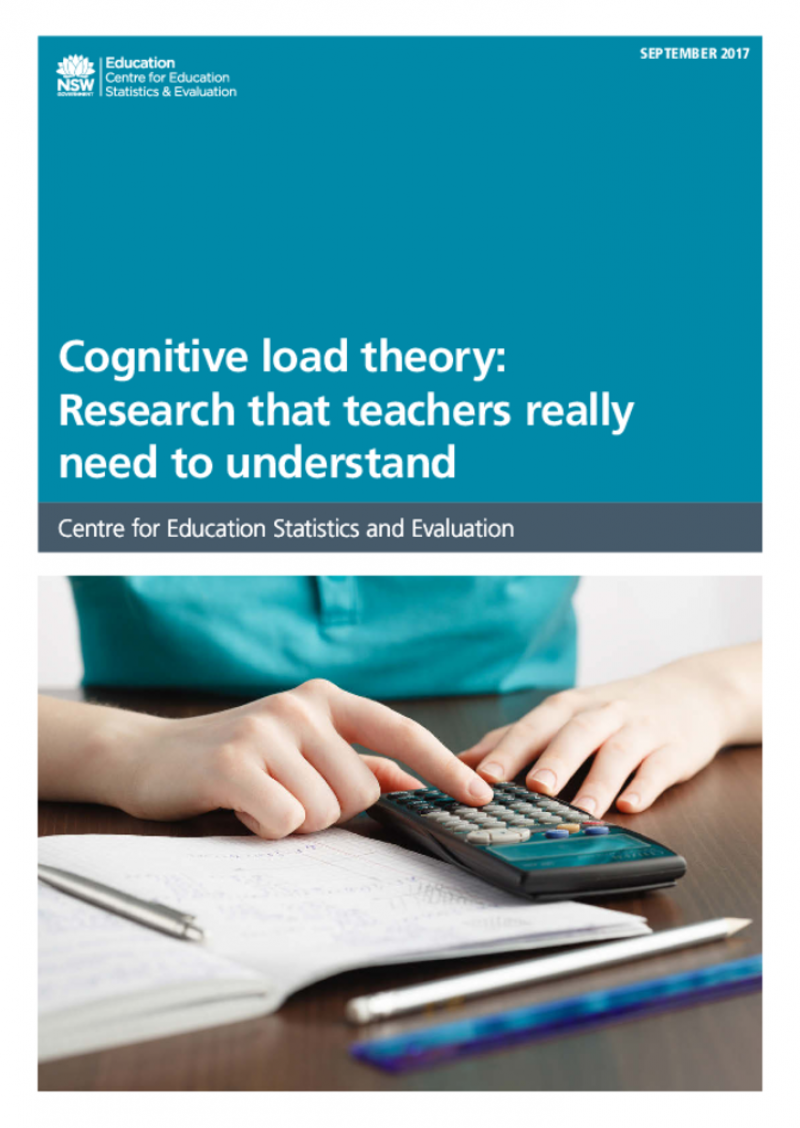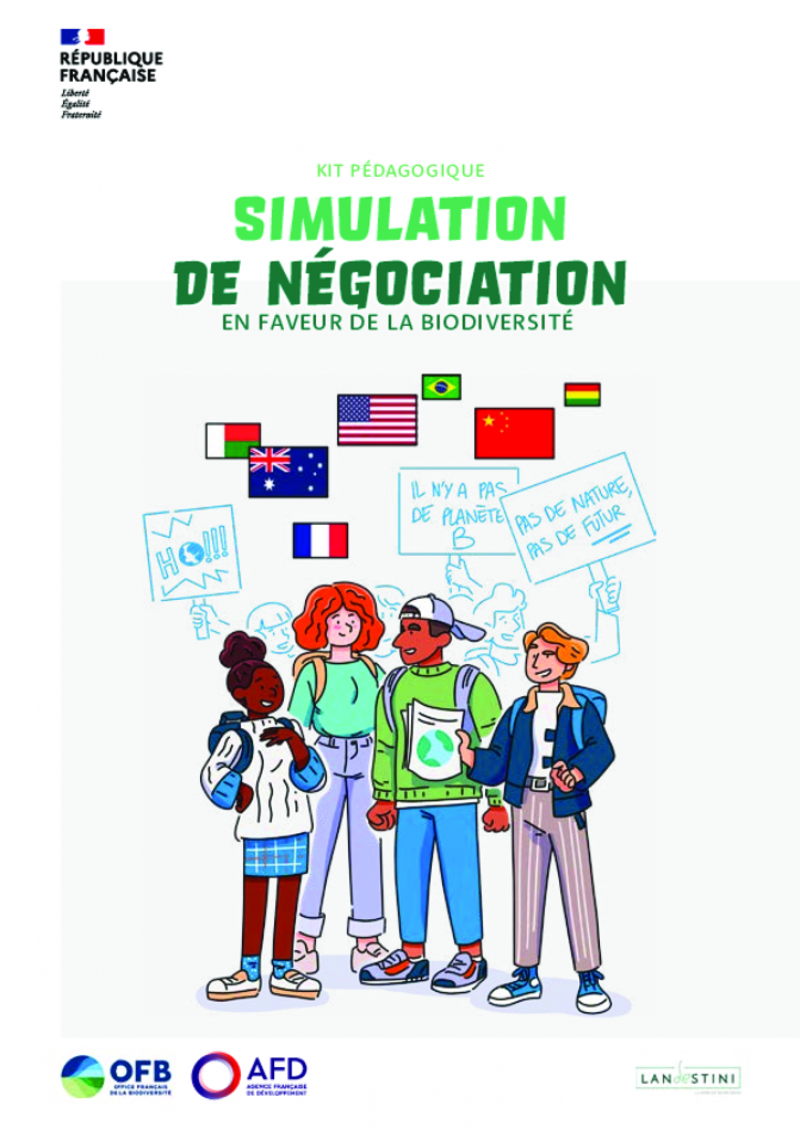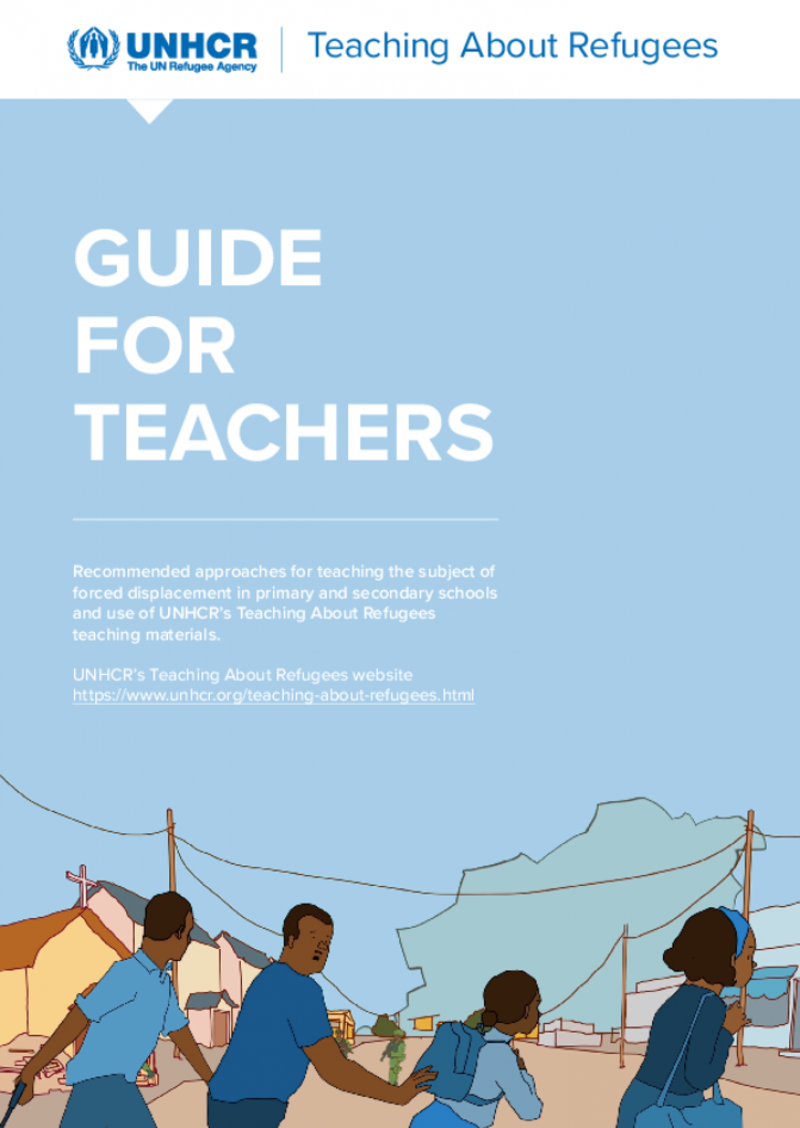Teacher Resource Centre
Displaying 21 - 31 of 31
Gender-responsive pedagogy in early childhood education. A toolkit for teachers and school leaders
The toolkit offers an introduction to gender-responsive pedagogy in early childhood education and serves as a practical guide that can be adapted to any context and the related needs. It provides teachers at early education practical tips to ensure they are able to offer children a learning environment that is free of prejudice and stereotypes. It is a source of ideas that individual teachers and school leaders can put to immediate use in their classrooms and schools. The toolkit was pre-trialled in three countries: Rwanda, South Africa and Zambia, and it can be contextualised for implementation in different African countries.
Youth empowerment for peace and resilience building and prevention of violent extremism in Sahel and surrounding countries: a guide for teachers
This guide is designed to build the capacity of secondary school teachers and teacher educators to integrate a peace and resilience building approach in education for the prevention of violent extremism. It builds on the Transformative Pedagogy for Peace-building guide and it was contextualized to the context the Sahel and surrounding countries.
The guide redefines the role of teachers, inviting them to make a paradigm shift in adopting a transformative pedagogy that allows learners to actively participate in their own learning. Transformative pedagogy builds on active pedagogy and the competencies-based approach. The guide concludes with engaging learning activities to support experiential learning.
Empowering students for just societies: a handbook for secondary school teachers
The aim of this guide is to provide teachers with a selection of relevant and accessible in-classroom and out-of-classroom educational resources (summaries of short activities, lessons, units) that aim to instil the principles of the rule of law among secondary school students.
It can also be used by professionals working in non-formal education or engaging with young people, for example, in sports associations, community organizations, social work and the justice sector.
A guide for primary school teachers is available here.
Empowering students for just societies: a handbook for primary school teachers
The aim of this guide is to provide teachers with a selection of relevant and accessible in-classroom and out-of-classroom educational resources (summaries of short activities, lessons, units) that aim to instil the principles of the rule of law among primary school students.
It can also be used by professionals working in non-formal education or engaging with young people, for example, in sports associations, community organizations, social work and the justice sector.
A guide for secondary school teachers is available here.
Dear Kitty: worksheets for the film Where is Anne Frank?
These worksheets are to be used with the teacher's guide "Dear Kitty: teacher's guide for the film Where is Anne Frank?".
Dear Kitty: teacher's guide for the film Where is Anne Frank?
This guide provides teachers with the necessary tools to highlight historical and current themes from the animated film "Where is Anne Frank".
It includes a preparatory lesson, a lesson to discuss the film and four detailed thematic follow-up lessons. The film and the lessons are accompanied by extensive background information and ready-to-use worksheets with information, questions and assignments.
Recommendations for teaching and learning about the Holocaust
Benefiting from the expertise of delegates from more than 30 member countries, the IHRA Recommendations for Teaching and Learning about the Holocaust are intended to provide a basis for policymakers, practitioners, and educators that will help them:
1. Develop knowledge of the Holocaust, ensuring accuracy in individual understanding and knowledge and raising awareness about the possible consequences of antisemitism;
2. Create engaging teaching environments for learning about the Holocaust;
3. Promote critical and reflective thinking about the Holocaust including the ability to counter Holocaust denial and distortion;
4. Contribute to Human Rights and genocide prevention education
Cognitive load theory: Research that teachers really need to understand
To improve student performance, teachers need to understand the evidence base that informs and helps improve their practice. An area of research with significant implications for teaching practice is cognitive load theory.
This paper describes the research on cognitive load theory and what it means for more effective teaching practice. The first part of the paper explains how human brains learn according to cognitive load theory, and outlines the evidence base for the theory. The second part of the paper examines the implications of cognitive load theory for teaching practice, and describes some recommendations that are directly transferable to the classroom.
Teacher's handbook remedial education
Remedial education programs provide responsive and flexible learning support for students as they continue to attend regular public-school classes. Remedial education targets students for whom the regular education system is not the best fit, providing them with content and skills needed to succeed in formal education.
This remedial education handbook is for primary school teachers who are already working in school settings and who want to begin a remedial education program. This handbook is also useful for education personnel such as principals, administrators, and counselors, and can be used for teacher training. It was designed for teachers and education personnel working in Arabic-speaking contexts as a self-guided reference that can be used to design, implement, and improve remedial education classes. It was developed based on World Vision’s experiences facilitating a remedial education program in a specific context (Jordan). However, its contents are versatile and can be applicable in many other contexts where children live in vulnerable conditions and require academic support and protection.
Simulation de négociation en faveur de la biodiversité. Kit pédagogique
Ce livret pédagogique propose un parcours en 5 étapes pour enseigner les sujets complexes liés à l’environnement et au développement durable.
Chacune de ces étapes fait avancer les connaissances et les compétences des élèves dans le domaine des négociations internationales sur la biodiversité. Les deux premières étapes introduisent successivement les notions de biodiversité et de négociations internationales. La troisième étape permet aux élèves de s’identifier à l’acteur qu’ils ont choisi de représenter et de s’imprégner de leur rôle. La quatrième étape est le moment phare du projet : les élèves, réunis en délégations, débattent entre eux pour élaborer ensemble des solutions qui feront consensus. Enfin, la cinquième étape permet aux élèves d’agir en réalisant un projet concret en faveur de la biodiversité.
Teaching about refugees. Guide for teachers
This booklet will provide teachers with ideas and pedagogical approaches on how to teach about forced displacement and to use UNHCR's Teaching About Refugees teaching materials in their specific teaching context.
